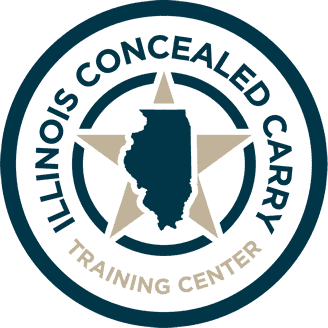“Rhonda Ezell was really sick.
Suffering from kidney failure, lung disease and other ailments, she didn’t like to venture very far from her South Side home.
But to obtain a new Chicago firearms permit to keep a gun in her home in 2010, she had to go through hours of training — and Chicago didn’t have any public shooting ranges within the city limits.
So Ezell, a longtime gun-rights supporter, drove to a northwest suburban range more than 50 miles away in Dundee to practice on targets.
On July 12, 2010, the city of Chicago’s new handgun ordinance took effect, and Ezell went to police headquarters at 35th and Michigan to apply for a permit. She wore a jacket with Illinois State Rifle Association patches. Other ISRA members were there, too, including Richard Pearson, executive director of the association.
According to Ezell, that’s when the group persuaded her to become the lead plaintiff in a lawsuit against Chicago that successfully overturned a ban on gun ranges within the city limits.
“We talked about me having to go all the way to Dundee, and we concluded my rights were violated,” she says. “And Ezell v. Chicago was born.”
After suffering a series of legal losses in the case, city officials allowed ranges in the city but only in manufacturing districts with a special-use permit — and at least 500 feet from residential areas, libraries, schools, liquor stores, churches and day-care centers. That put 98 percent of the city out of bounds for a shooting range.
Then, the federal appeals court in Chicago found those restrictions too burdensome. The Chicago City Council is now grappling with loosening the zoning requirements for public shooting ranges in the city. No ranges have opened yet in Chicago.
For Ezell, who’s 49 and feeling better after receiving a kidney transplant, her court victories have filled her with elation — and scorn for the city’s elected officials, including Mayor Rahm Emanuel.
“The mayor walks around every day with armed security paid for by the taxpayers of Chicago, yet he doesn’t want you to go to a gun range and be efficient with the firearm you choose to have in your home for the safety of you or your loved ones,” she says.
Ezell says she got her state firearm owner’s identification card when she was 18. But she didn’t buy a gun until years later, when gang members were harassing her son in Englewood, where she lived at the time.
After she moved to Woodlawn, she says her gun gave her a sense of security, though she acknowledges she was violating the city’s handgun ban at the time.
Now that she’s the lead plaintiff in the shooting-range lawsuit against the city, she’s become a celebrity of sorts in gun-rights circles. She started her own organization, which she has provocatively named Chicago Guns Matter, a takeoff on Black Lives Matter.
Ezell, who has a state concealed-carry permit, says law-abiding black Chicagoans need to realize they have the right to carry handguns in the city.”
